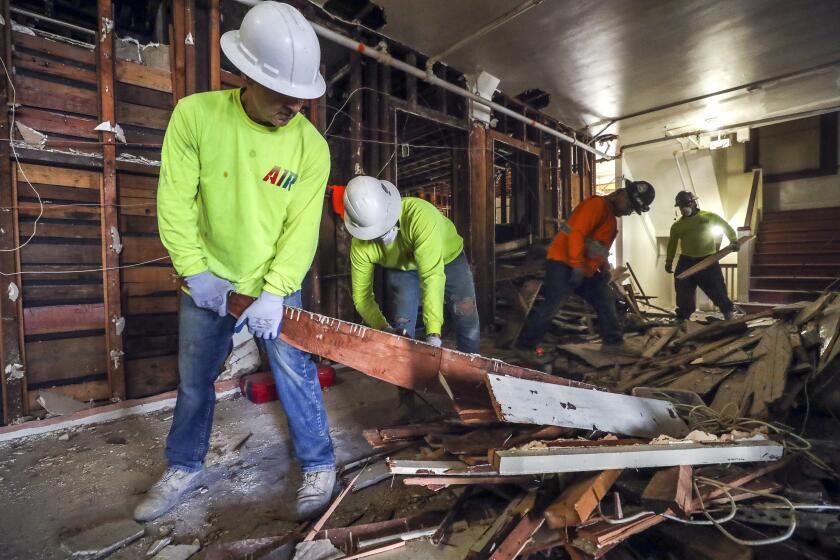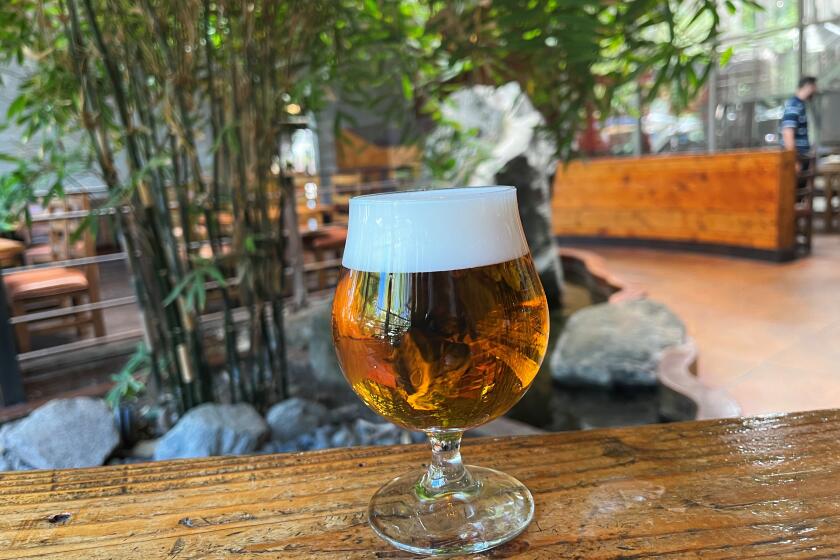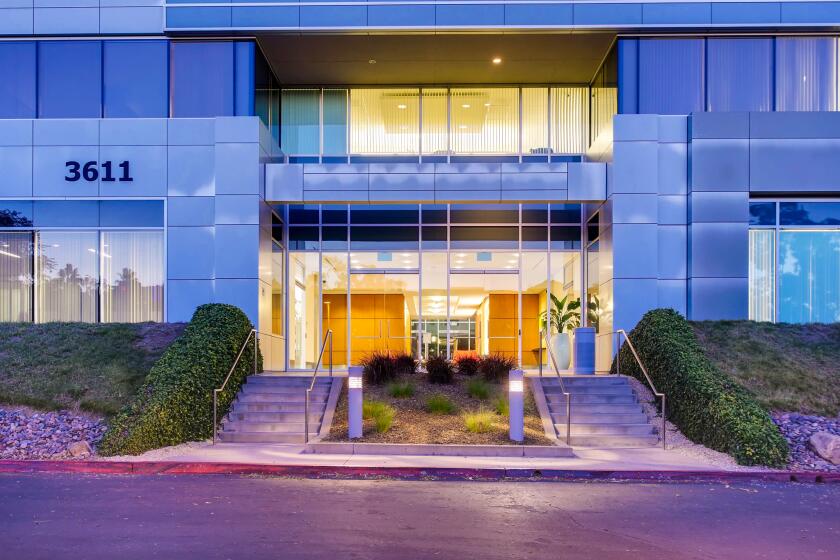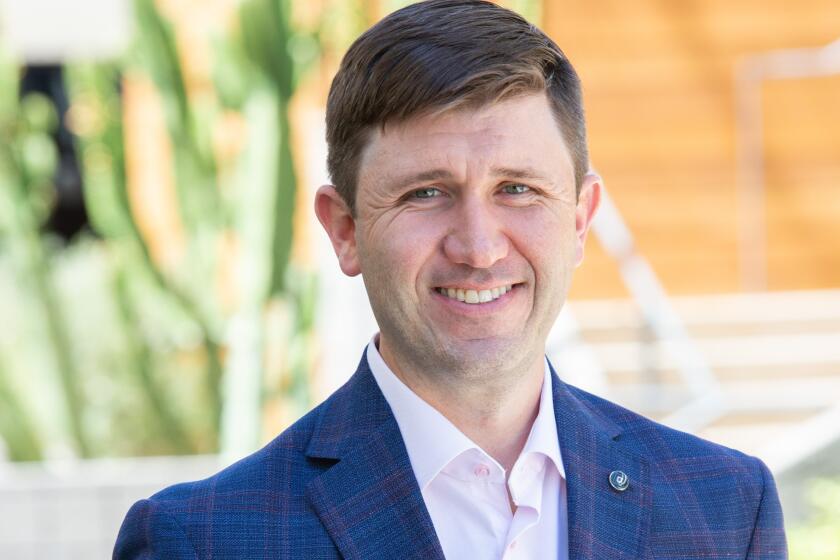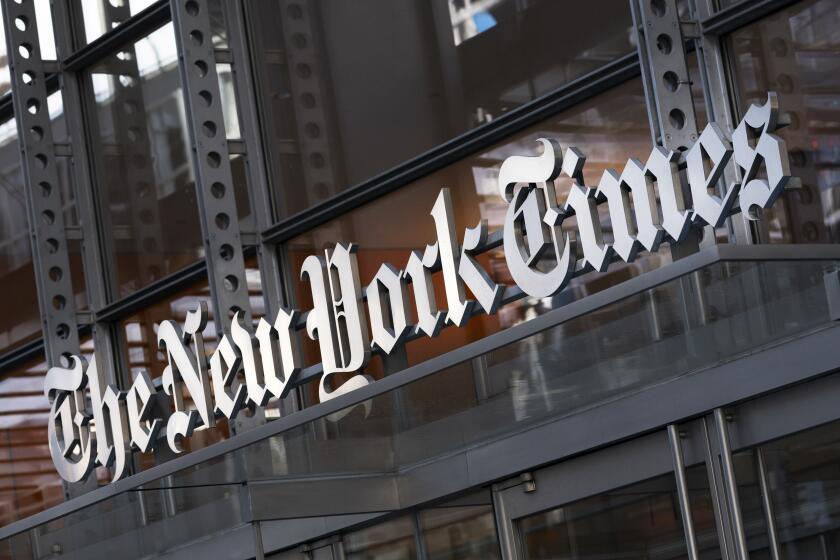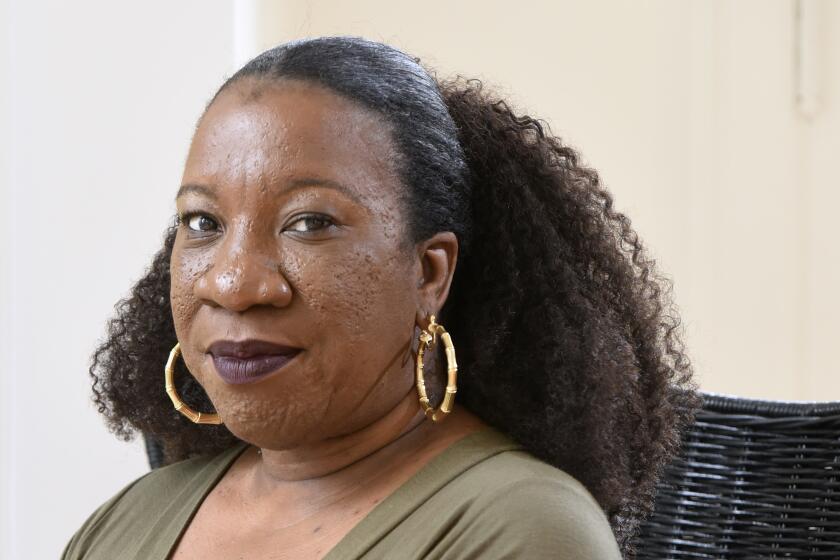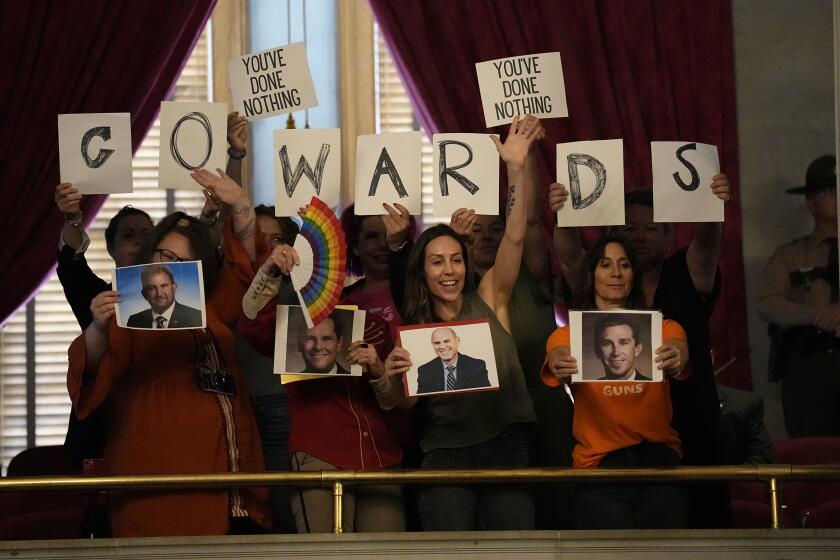Inovio’s pending Phase 3 COVID-19 vaccine trial put on hold as FDA seeks more information
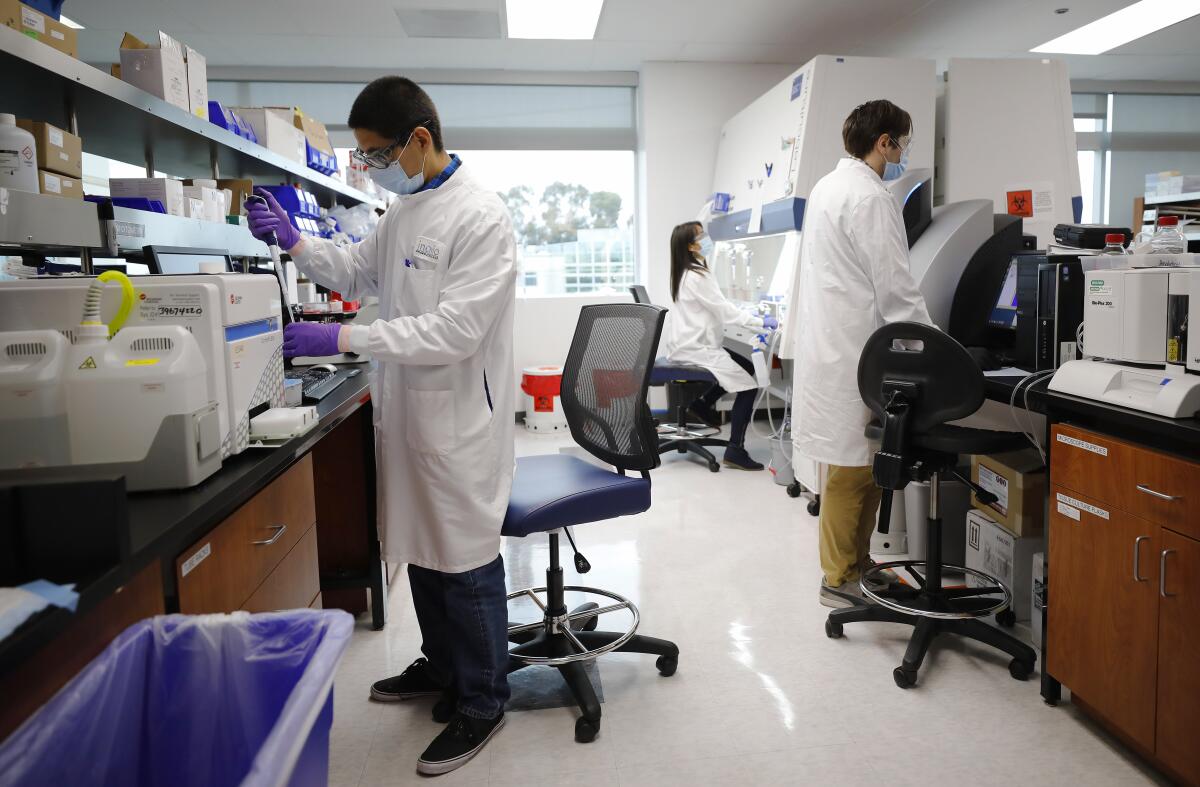
Federal agency wants answers about the drug and smart device used to inject the DNA-vaccine before giving the go-ahead for large scale clinical trial
Inovio Pharmaceuticals’ bid to begin the final leg of clinical trials for its COVID-19 vaccine has suffered a setback after the U.S. Food and Drug Administration had additional questions about the drug and smart device for injecting the DNA-based vaccine.
The company announced Monday that its Phase 2/3 trial, which was anticipated to begin in July or August, has been put on hold following the FDA notification seeking more information.
Inovio said it is working to address the FDA’s questions and plans to respond in October. After that, the FDA will have up to 30 days to notify Inovio on whether the trial may proceed for its vaccine, known as INO-4800.
“Inovio and its partners are continuing to prepare for a planned Phase 2/3 trial of INO-4800, following resolution of the FDA’s partial clinical hold and subject to the receipt of external funding to conduct the trial,” the company said in a statement.
The delay sent Inovio’s shares tumbling 28 percent on Monday to close at $12.14 on the Nasdaq exchange.
A small biotechnology firm, Inovio is headquartered in Pennsylvania but developed its experimental COVID-19 vaccine candidate at its San Diego research lab.
More than 100 companies, research institutions and governments around the world are working on coronavirus vaccines. None have received full regulatory clearance yet, but candidates from Moderna, Johnson & Johnson (Janssen Pharmaceuticals,) AstraZeneca and Novavax have entered late stage, Phase 3 trials in the U.S. where thousands of people will be injected to test the effectiveness and safety of the drugs.
Inovio released preliminary results from a 40-person Phase 1 clinical trial for its experimental vaccine in June. The result showed the vaccine was safe and triggered immune responses in nearly all participants.
But Inovio did not provide details on the strength of immune reactions. Without quantitative data on the development of neutralizing antibodies and T cell that can block or kill the virus, it is difficult to tell how effective Inovio’s vaccine candidate has been in these early trials.
Inovio said it intends to submit its Phase 1 results to a medical journal so they can be evaluated by the scientific community, rather than publishing the data itself without peer review.
According to Inovio, the FDA’s recent questions are not due to any adverse reactions to the vaccine from participants in its Phase 1 study.
Inovio’s vaccine uses DNA to teach the immune system to target the surface of the novel coronavirus. If successful, it would be the first ever DNA-based vaccine to gain approval.
DNA vaccines are too large to enter cells by themselves, so Inovio uses a proprietary smart device called Cellectra 3PSP. It delivers brief electrical pulses to create “pores” that allow DNA vaccines to enter skin cells.
In June, the company received $71 million from the U.S. Defense Department to scale up production of Cellectra 3PSP devices, which operate on AA batteries and have been used to dose more than 2,000 patients in clinical trials for a variety of Inovio drug candidates.
The company also is collaborating with several large pharmaceutical firms to manufacturer its vaccine candidate and the Cellectra 3PSP device, if they get approval.
In addition to the Defense Department, the company has received funding for its COVID-19 efforts from the Coalition for Epidemic Preparedness Innovations and the Bill & Melinda Gates Foundation.
Get U-T Business in your inbox on Mondays
Get ready for your week with the week’s top business stories from San Diego and California, in your inbox Monday mornings.
You may occasionally receive promotional content from the San Diego Union-Tribune.

